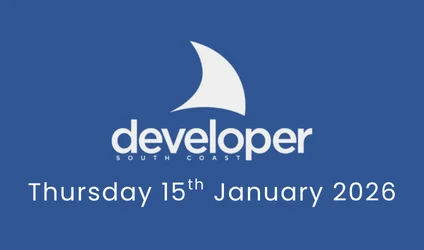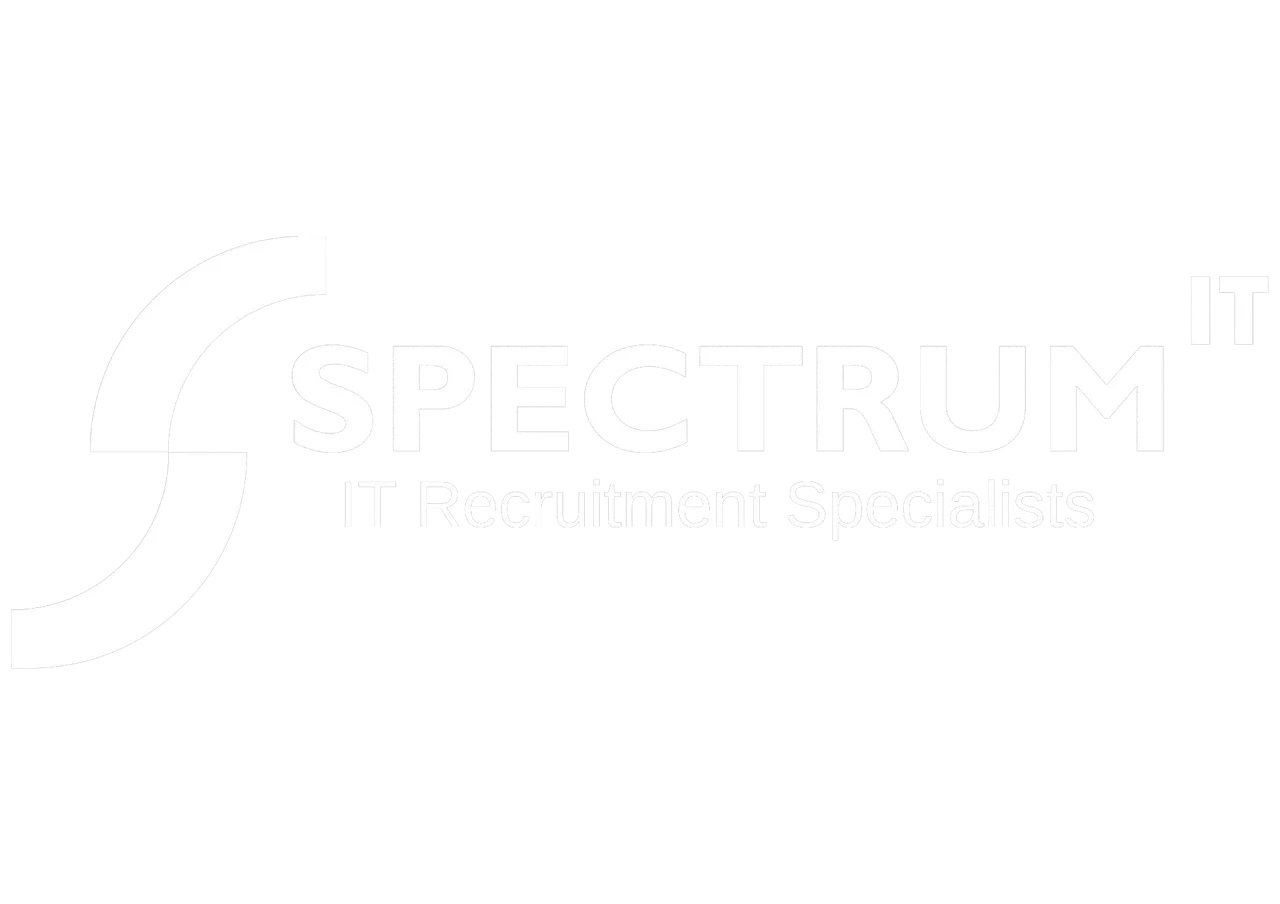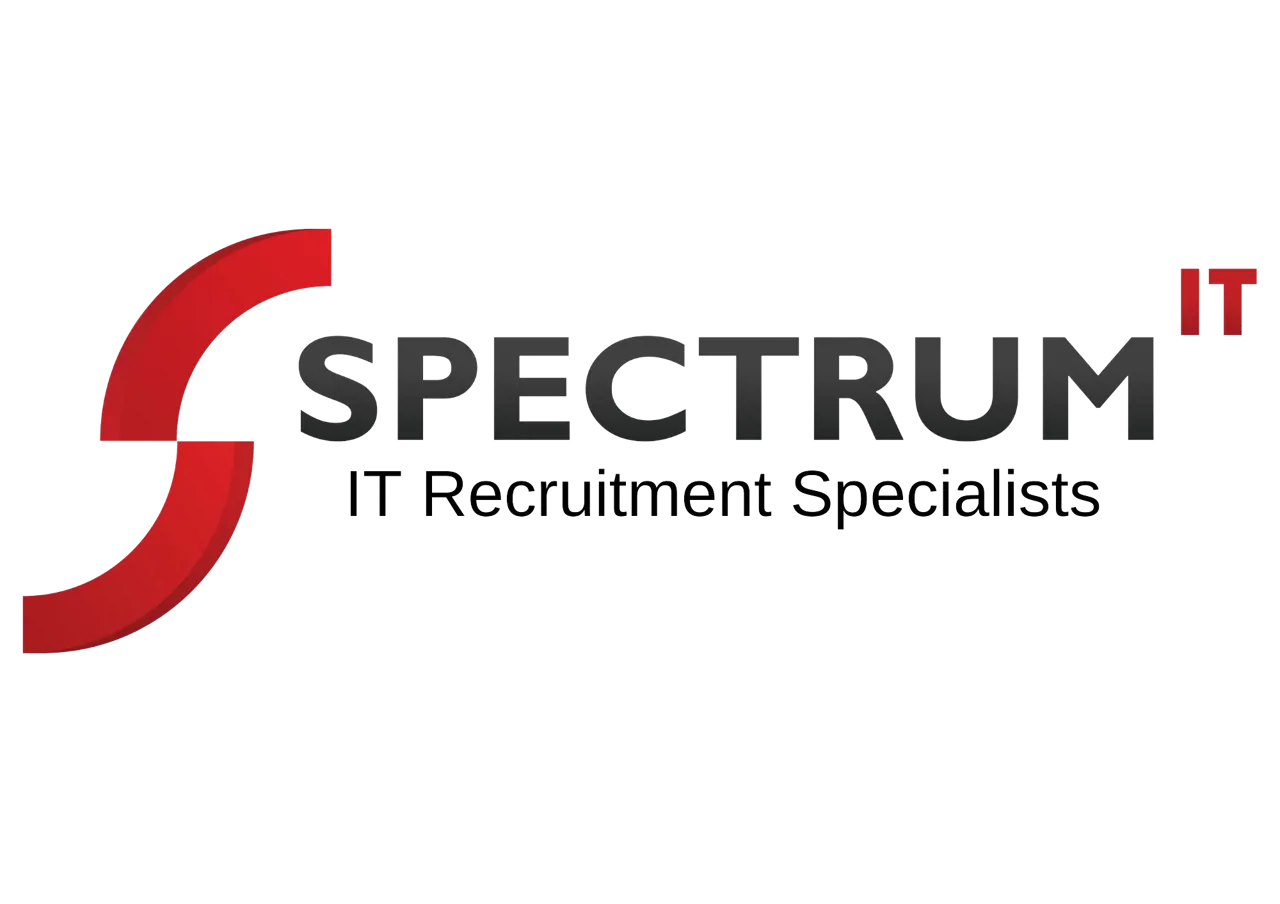
What Are the Key IT Skills to Learn in 2018?
29 Dec, 20177 Minutes
With the new year just around the corner, it’s time to think about how your career could evolve in 2018. Whether you are due to graduate and looking for that all-important first role in IT, or whether you are hoping to make the next step in your career ladder, it pays to stay on top of the latest industry trends and keep your skills current.
If you are looking for professional development and to expand your skillset, these are the key IT skills that we think are worth mastering for 2018.
Data science
Businesses understand the value of data to their operations, and the role of data scientist or data analyst is expected to continue to be an in-demand role within the IT sector into 2018 – IBM predicted earlier this year that demand for data scientists would soar by 28% by 2020. This role involves being able to gather important and relevant data, process it effectively and analyse it, then present findings and offer recommendations off the back of this data. As well as a Masters or PhD in a related subject (typically computer science, maths or physics), employers are likely to want a blend of skills from potential candidates that includes specific programming experience in Python and Java, as well as proven mathematical and analytical skills. But to really be employable in 2018 in a data science role, then it’s important to have a good understanding of R, the currently preferred language for statistical analysis. Also, consider SAS for data analysis. If you want to work towards a career that has a strong future and is in-demand, offering good, consistent salaries, then data science is definitely a key area worth investing time in learning.
Data visualisation
Once a data analyst or data scientist has collated important statistics, it then needs to be presented in a way that people actually understand. The data might need to be understood by those well-versed in computer language, but equally it might need to reach the general public. Being skilled in data visualisation means finding visual ways to display data so that it is easy to follow. Not only does this mean that you need to be able to understand and interpret complex data, you also need to be able to see ways to connect it all together, and then present it as a diagram or other visual method. It is a role that involves both highly analytical and computer science skills, as well as a creative mind to think outside the box. A report on The Future Of Data Visualisation is expecting massive growth in this area over the next five years, so it could be an exciting sector to enter into.
Database development
Databases are important to so many different businesses and are often key to their growth and development, as well as day-to-day operations. Being a skilled database developer is a good way of entering a career that offers job security, great opportunities to go up the ladder and earn a decent salary. As a minimum, you would already need to have a degree in computer science, information systems or something more specific like database administration. Most employers will employ a specific database system, so having a complete working knowledge of the key industry-standard software, as well as the related certifications will help you to land a good job role. This includes Microsoft SQL, Server, Oracle or IBM DB2.
Cybersecurity
With more and more breaches in the security of large, multinational corporations being reported every week, it is no wonder that those skilled in cybersecurity are in high demand. As information theft is on the rise, more companies are investing in its security staff to ensure that their data is safe. A loss of data equals a loss in consumer confidence, which can knock a business. And there are increasing threats all the time, with new challenges to face into 2018. There are plenty of general skills that are useful in this area, ones that you could polish up on to land a role in the security arena in 2018, such as a good general knowledge of programming and software development; up-to-date information of modern security practices; and proficiency in multiple scripting languages, operating systems, firewalls and networks. This is also backed up with a good level of academic success, typically a degree in computer science, cyber security, maths, engineering or a science. What is even more key, is a working knowledge of specific industry-standard technologies for security, such as Juniper, Checkpoint or Blue Coat. If you want to land a job as a security engineer, then it is worth looking at undertaking a professional certification, such as SSCP, CISSP, GIAC or QSA.
Ongoing professional development can help you to stay at the cutting-edge of the fast-moving technology sector and can help lift your career to the next level, opening up more opportunities with more desirable companies. See all of our current roles using our Job Search.




